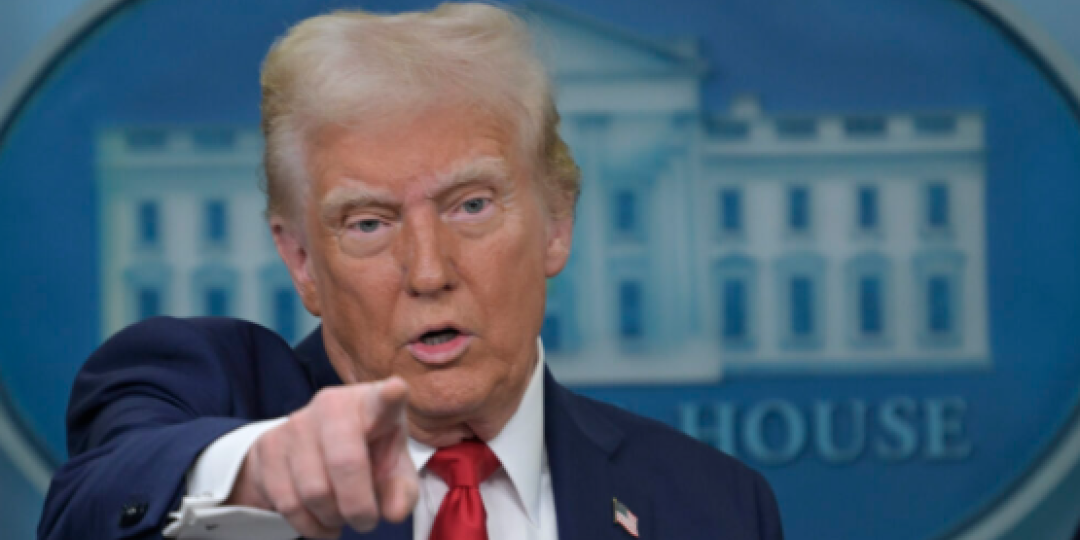The International Chamber of Shipping (ICS) has raised concerns about the potential unintended consequences that could result from US President Donald Trump's proposed port tariffs on Chinese-built vessels.
These include proposed stacking fees on Chinese-built vessels that could be as high as $3 million per US port call, representing an attempt by the Trump administration to curb China's growing commercial dominance in the international maritime sector and promote domestically built vessels. US steelworker unions and steel producers have welcomed the proposal, saying it will boost the domestic industry.
ICS Secretary-General Guy Platten, who testified before the United States Trade Representative (USTR) Section 301 Investigation public hearing after its probe into China’s maritime logistics and shipbuilding sectors, said that “potential unintended consequences” could result from the tariff proposal.
The ICS said it supported the goal of strengthening US shipbuilding as a robust, competitive shipbuilding sector benefited global trade, and the international shipping industry wanted more choice, not less.
However, Platten warned, along with other representatives at the public hearings, that the proposed tariff measures could disrupt supply chains, raise costs for US consumers and exporters, and reduce the global competitiveness of vital US sectors, particularly agriculture, energy and manufacturing.
“When looking at our sector, the shipping industry is one of the most cost-optimised in the world,” Platten said.
“The business model is designed to drive down costs, while not compromising on safety standards, so that goods can efficiently flow from and to countries, for the benefit of those countries’ economies and populations…the shipping industry is not like a traditional business, it is unique,” he said.
The ICS is concerned that the proposed measures will also threaten US energy, food and economic security and ultimately cut US businesses off from the ships they rely on.
“These proposed measures could hurt our customers – the American people. They will make vital US exports less competitive globally. This hurts jobs, be that at ports or farms, and the American shipping industry, the very thing you are trying to encourage,” Platten said.
The ICS urged the USTR to explore alternative policies that strengthen American shipbuilding without disrupting trade or harming the industries these actions aim to support. The chamber offered to work alongside the USTR and the White House to develop practical, future-focused solutions that deliver lasting value for US industry and consumers.













